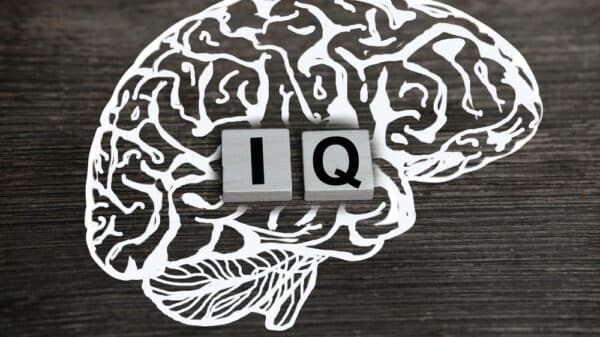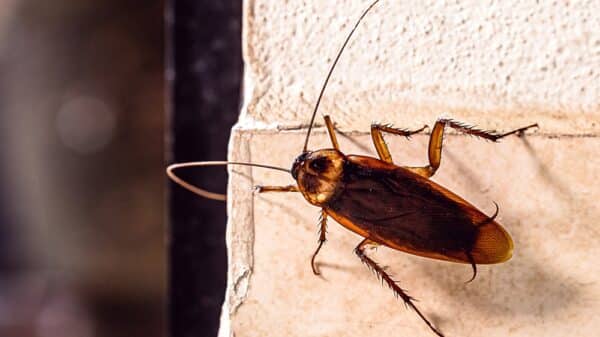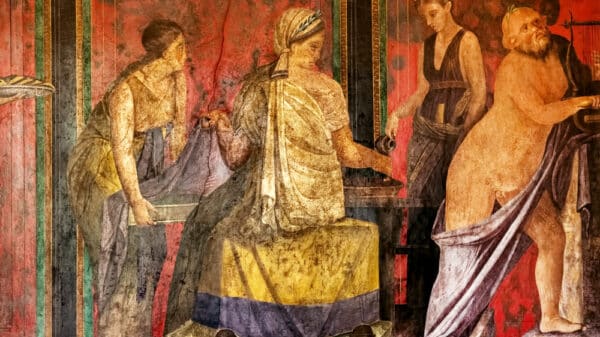According to a study from USC, jokes produced by AI are perceived to be funnier than those crafted by humans. AI-generated headlines were rated as more humorous than The Onion’s headlines.
A comparison study involving jokes from individuals versus those from ChatGPT exhibits that humans have room for improvement in their comedic content.
The team of researchers behind the study, featured in the publication PLOS ONE, embarked on the weighty task of contrasting participants’ responses to jokes written by ChatGPT 3.5 and others penned by human authors.
This inquiry aimed to ascertain whether artificial intelligence can surpass humans in humor, noted Drew Gorenz, a doctoral candidate in social psychology at the USC Dornsife College of Letters, Arts and Sciences.
“Given that ChatGPT lacks the capacity to experience emotions but excels in delivering novel jokes compared to an average human, these studies present proof that one doesn’t require emotional attachment to appreciate a good joke in order to create a brilliant one,” Gorenz articulated.
One assessment juxtaposed the hilarity of fresh jokes concocted by regular individuals to those derived from ChatGPT. The participants executed this evaluation without awareness of the joke’s authorship.
The team found that a majority of nearly 70% of the participants appraised the ChatGPT-generated jokes as funnier than those crafted by humans. Slightly over 25% of participants favored the human-crafted retorts as funnier, while just about 5% found jokes from both origins equally amusing. These findings remained consistent even after analyzing for variances across diverse demographics.
To gauge ChatGPT’s performance against professional comedy writers, the researchers conducted a subsequent evaluation by tasking ChatGPT with formulating fresh headlines mirroring The Onion’s satirical approach. They then requested another set of 200 participants to assess the hilarity of original Onion headlines against the new headlines generated by ChatGPT. Participants rated ChatGPT’s headlines as equally humorous as the original Onion headlines.
An Analytic Procedure For Inducing Laughter
How does one prompt individuals and AI to originate distinctive jokes? In the initial study, both ChatGPT and 105 participants completed three tasks, each encompassing three prompts. The initial task required devising waggish new expressions for common acronyms. For the second task, ChatGPT and human writers alike developed humorous responses to complete phrases such as, “A lesser-known room in the White House: _____.” They were likewise tasked with formulating a comedy roast triggered by an awkward fictional scenario like the following:
“Picture one of your buddies seeking your feedback on her singing ability. After singing for a minute or two, you cringe – it dawns on you that she might be the worst singer you’ve ever heard. When she inquires, ‘How did I do?’ You opt for honesty and reply, ‘In all honesty, listening to that was akin to: _____’”
These three tasks yielded over 945 jokes fabricated by 105 individuals. ChatGPT was directed to formulate 20 comic responses for each prompt, resulting in a total of 180 jokes. A separate group of participants then rated the amusement levels of the jokes.
For the subsequent study, ChatGPT was fed original headlines from The Onion and tasked with producing fresh headlines in a corresponding style. A panel of 200 participants was called upon to gauge the amusement of the initial Onion headlines and the ChatGPT-sourced headlines without knowledge of the authors.
An In-Depth Examination of Humor
Gorenz articulated that the genesis of his study was partly influenced by the ongoing discourse within the entertainment industry concerning writers’ trepidations regarding the utilization of large language models (LLMs) like ChatGPT in entertainment production. The concern has been intensified by recent strikes staged by Hollywood writers and actors who harbor reservations that LLMs pose a substantial threat to their careers, to the artistic realm, and to human inventiveness.
Gorenz, who moonlights as a stand-up comic, acknowledged his enduring passion for humor, which steered his collaborative research work with co-author Norbert Schwarz, a co-director of the USC Dornsife Mind and Society Center and an authority on consumer decision-making affiliated with the USC Marshall School of Business.
Their study, according to Gorenz, raises queries about the adoption of ChatGPT and other LLMs in the entertainment segment.
“For individuals keen on enriching their everyday conversations with a dash of humor, the implications are largely encouraging,” penned Gorenz and Schwarz, a distinguished Professor of Psychology and Marketing.
“However, for professional comedy writers, our findings hint at a genuine threat to employment posed by LLMs,” Schwarz appended.
Whether AI will have the last chuckle is an issue that remains unresolved.
Image Source: Poca Wander Stock / Shutterstock






























